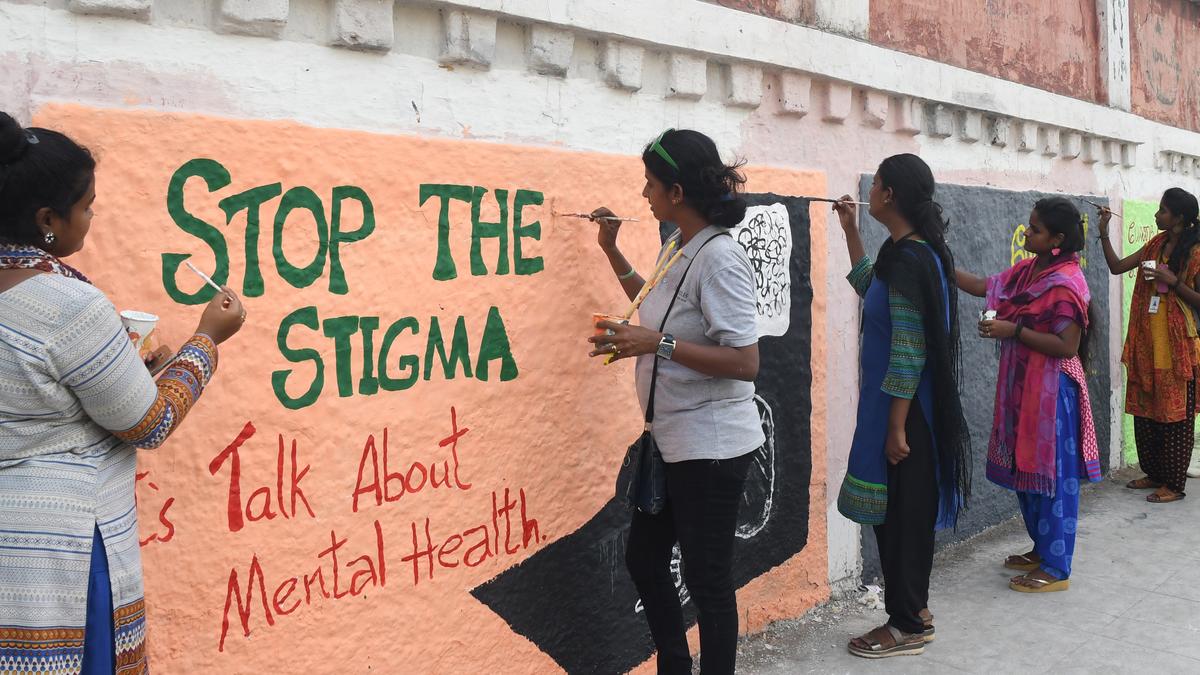Now Reading: National Task Force Tackles Campus Discrimination, Student Suicides with Surveys and Website
-
01
National Task Force Tackles Campus Discrimination, Student Suicides with Surveys and Website
National Task Force Tackles Campus Discrimination, Student Suicides with Surveys and Website

### Quick Summary:
– The Supreme court’s national Task Force (NTF) has launched a website featuring five surveys to gather stakeholder feedback regarding student suicides and mental health in higher education institutions.
– NTF was constituted earlier this year after petitioners, including families of students affected by suicide, raised concerns about caste discrimination and institutional shortcomings.
– The 12-member task force is led by Justice Ravindra Bhat, includes officials from various ministries and experts in psychiatry, development studies, civil society, and higher education administration.
– Activities include institute visits in Delhi and Bengaluru (e.g., AIIMS, JNU) for closed-door sessions with stakeholders like students to identify causes such as ragging, academic pressure, financial burdens, or discrimination.
– Surveys available at ntf.education.gov.in are accessible in English/Hindi for diverse groups including students and parents. Resources such as helpline numbers are also provided on the site.
– Petitioners previously challenged a 2025 UGC draft regulation on campus equity saying it diluted provisions from prior regulations. The court allowed its notification but stated future amendments could follow NTF’s recommendations.
– Preliminary findings will be presented through an interim report in September; the final report is expected by December 2025.
—
### Indian Opinion Analysis:
The formation of the NTF signifies critical judicial intervention into addressing systemic issues impacting student mental health in India. With increasing reports of student suicides tied to factors like caste discrimination and high academic stress within premier institutes-a national-level response lends credibility to resolving deep-rooted problems. By gathering multi-stakeholder inputs through surveys alongside institute visits targeting overburdened educational systems-valuable insights may emerge from localized experiences across diverse settings.
Though, challenges remain regarding execution scope-given India’s vast number of higher education institutions exceeding 50,000-and effective coordination across ministries involved. Additionally concerning are critiques surrounding regulatory dilution that risk undermining hard-earned protections around discriminatory practices. While broad-scale reforms toward mental health inclusivity appear promising underlined debates signal persistent struggles balancing administrative goals weighed diligence ensuring marginalized voices inclusion genuinely remains central actionable strategies-document-based awaited earlier-stage feedback-loop progress clearer post-report deliveries September onwards-than-resolution made heading conclusions await judiciary ecosystem accountability overall detailed correspondence publics keener accessible openness mandated platforms necessary frameworks<|endoftext|>

























